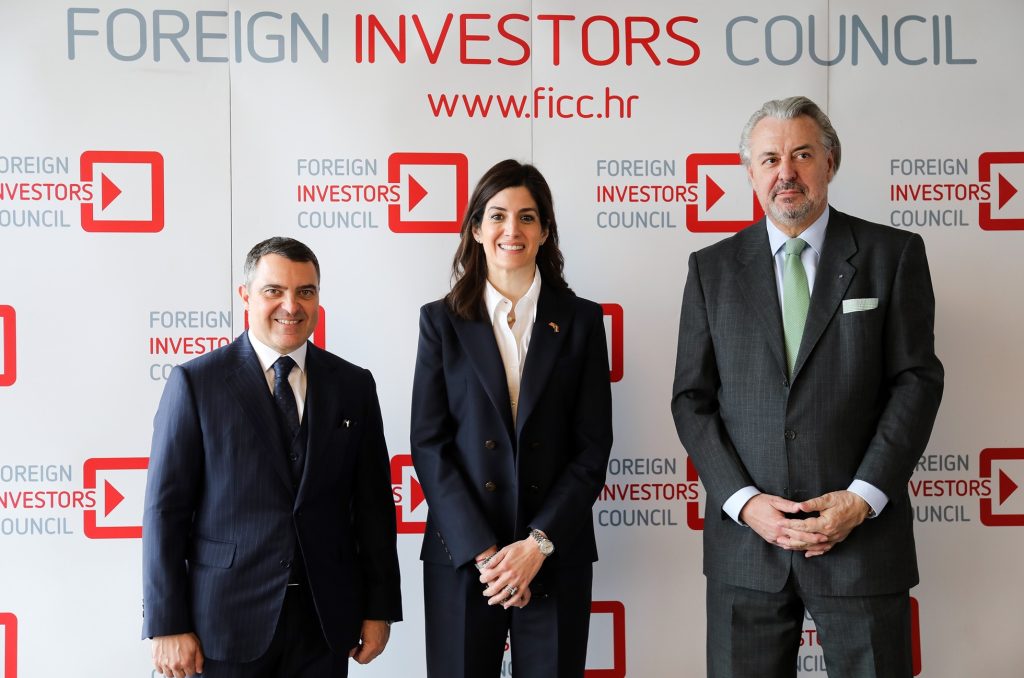February the 27th, 2024 – In its latest recommendations, the Association of Foreign Investors in Croatia identified two key development constraints that represent a significant obstacle to productivity growth and convergence. The White Book 2024 offers many insights.
The Association of Foreign Investors in Croatia (FICC) presented the seventh edition of the White Book 2024 “Croatian competitiveness after the completion of the European integration process: A new chapter”.
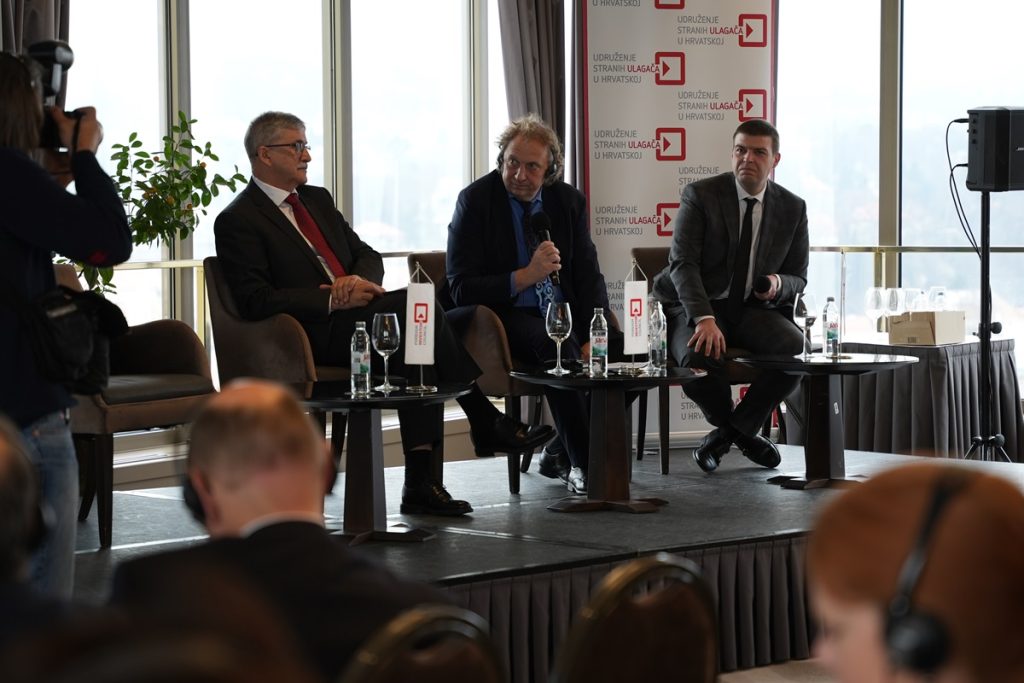
During the presentation of the document, the president of the Association, Burak Baykan, pointed out that this year’s edition and recommendations have come at a very special time. With Eurozone and Schengen accession, Croatia finally concluded its path of full European Union integration, and the country’s upcoming accession to the OECD is also a unique opportunity to open up a brand new chapter of economic development.
“Croatia needs policies and measures to improve its business environment and attract large investments that will increase the level(s) of national competitiveness and productivity. Based on our business experience in Croatia and other countries, we firmly believe that Croatia can become one of the most attractive investment destinations in the foreseeable future,” believes Baykan.
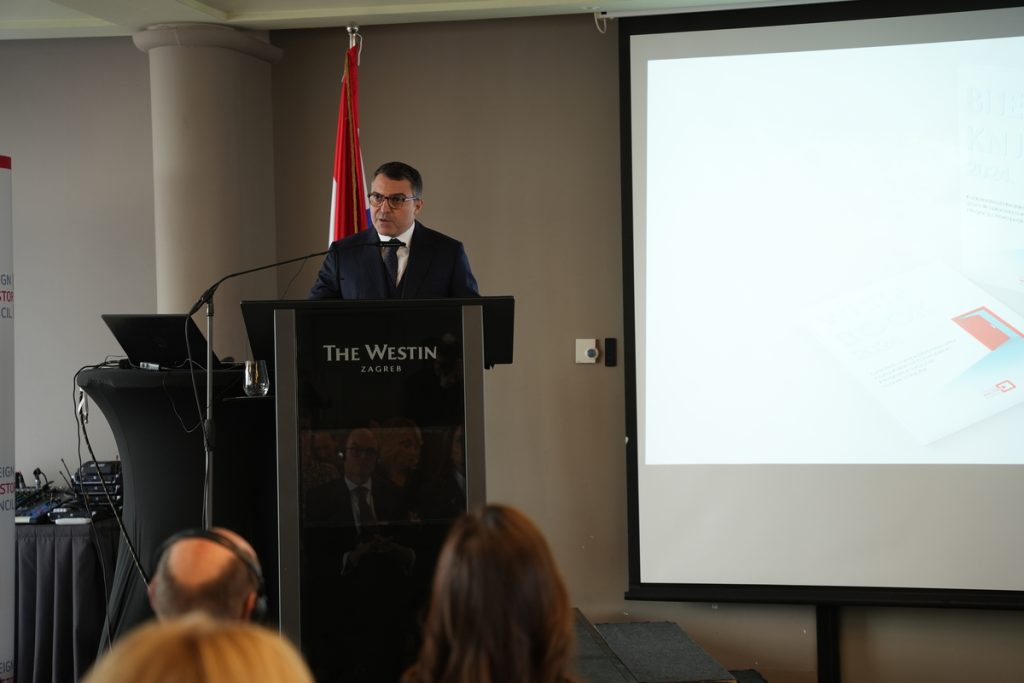
In its latest look at the current environment for foreign investment in the Republic of Croatia, the FICC has identified two key development constraints that represent a significant obstacle to productivity growth and convergence. First and foremost, labour supply is tight, and the current education system isn’t adapted to an economy that can create high added value – high productivity and higher wages per employee.
Second of all, in the area of the quality of the regulation and efficiency of Croatia’s public administration, a big step forward is needed in order to adapt administrative processes to the standards of more developed European Union countries through comprehensive digitisation. In addition to the key challenges, the document also presents 43 recommendations for removing restrictions in the aforementioned areas.
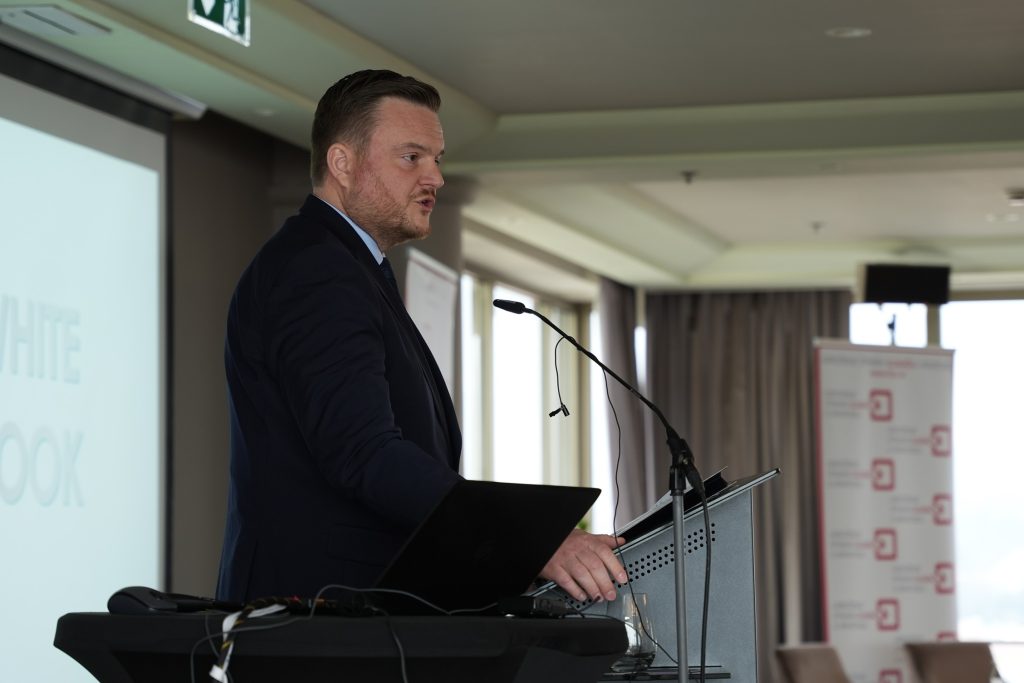
“Although Croatia has completed its EU integration journey, we’re still lagging behind other small, open and more developed European countries, from Slovenia and the Czech Republic to Denmark and Ireland. As such, we need a new, ambitiously set national development goal with which we’ll manage to reach 90% of the average level of real income per inhabitant of the EU. However, in order to achieve this, the Republic of Croatia must enter the elite group of the 25 most attractive investment destinations in the world and earn an A+ credit rating by the end of this decade,” said economic analyst Velimir Šonje, the editor of this year’s edition of the White Book 2024.
Policies that will ensure such an investment framework will enable an increase in investments in industry, agriculture, energy, infrastructure and thereby accelerate economic growth, and companies owned by foreign investors play an important role in this. Even now, with a share in total employment standing at about 20%, they make above-proportional contributions to their shares in investments and added value above 30%, and especially in export growth of about 50%, while paying on average much higher wages than the average of all important Croatian companies.
“Croatia’s upcoming accession to the OECD and the peak of the use of EU funds bring the promotion of significant private investments back into the spotlight. They’re a key flywheel that can ensure long-term growth in productivity and the convergence of the standard of living towards the EU average”, said the Secretary General of the Association, Tomislav Šlat.
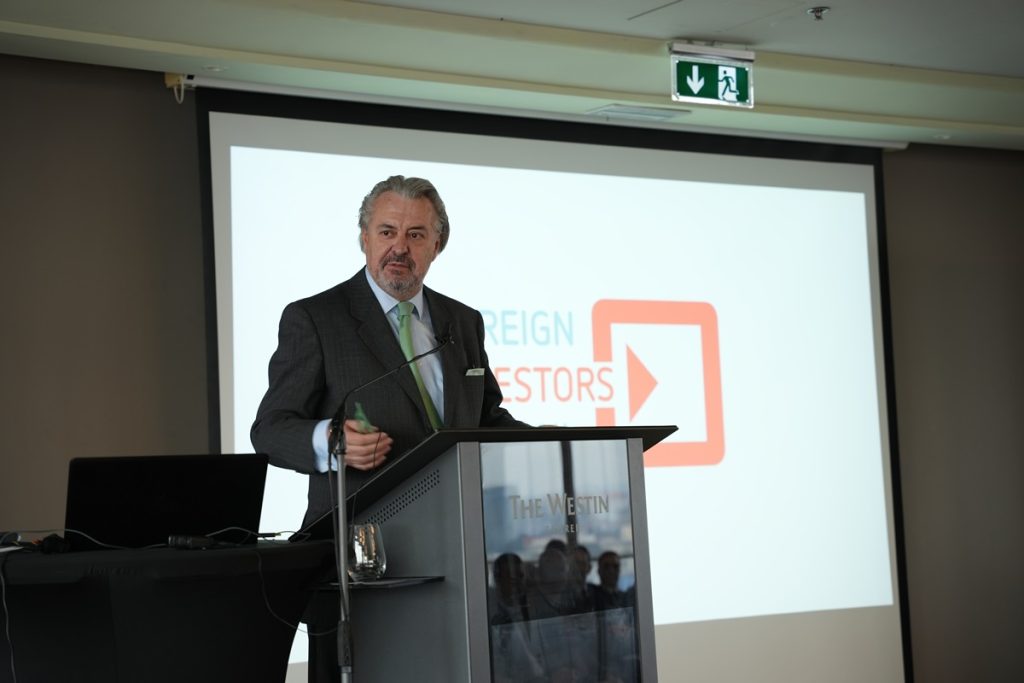
As the Association points out, they don’t see the proposals as a ready-made package that they suggest accepting, but as a basis for a wider discussion about the policies of the next Croatian Government, which will depend on the economic and wider social development of Croatia in the long term after the current wave of large sums of EU funds has passed.
The White Book has been published since back in 2013 and is the first document of its kind in which members of the Association of Foreign Investors in Croatia can give their views on the current environment for foreign investments, as well as offer constructive recommendations that encourage positive changes in the Croatian business environment as a whole.

